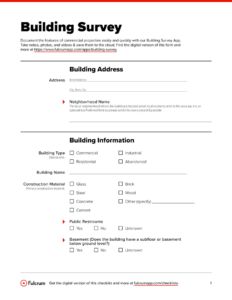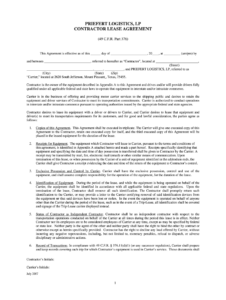In today’s digital age, protecting the personal information of customers is paramount for small businesses in the UK. A well-crafted privacy policy is essential to establish trust, comply with legal requirements, and safeguard sensitive data. This comprehensive guide provides a privacy policy template tailored to small businesses in the UK, ensuring compliance with data protection regulations and fostering customer confidence.
A privacy policy serves as a binding agreement between a business and its customers, outlining how personal information is collected, used, and disclosed. It demonstrates a commitment to data protection and transparency, building trust with customers and promoting ethical business practices. With the implementation of the General Data Protection Regulation (GDPR) in the UK, businesses are required to have a robust privacy policy in place to protect the rights of individuals and ensure data privacy.
Key Elements of a Privacy Policy Template for Small Businesses in the UK
A comprehensive privacy policy template for small businesses in the UK should encompass various key elements to effectively address data protection requirements. These include:
- Contact Information: Clearly provide the business name, address, email address, and phone number to enable customers to contact the business with any data protection inquiries.
- Purpose of Data Collection: Specify the specific purposes for which personal data is collected, such as processing orders, providing services, or marketing communications.
- Types of Data Collected: Outline the categories of personal data collected, including name, address, email address, IP address, and any other relevant information.
- Legal Basis for Processing: Identify the legal basis for processing personal data, such as consent, contractual necessity, or legal obligations.
- Data Retention: Specify how long personal data will be retained, adhering to the principle of data minimization and disposal guidelines.
- Data Security: Describe the technical and organizational measures implemented to protect personal data from unauthorized access, disclosure, or loss.
- Data Subject Rights: Inform individuals of their rights under data protection laws, including the right to access, rectification, erasure, restriction of processing, and data portability.
- Third-Party Disclosure: Disclose any circumstances under which personal data may be shared with third parties, such as service providers or law enforcement agencies.
- Changes to the Privacy Policy: Reserve the right to modify the privacy policy and provide a process for notifying customers of any updates.
Implementing and Maintaining an Effective Privacy Policy
To ensure the effectiveness and compliance of a privacy policy, small businesses in the UK should take the following steps:
- Regular Review and Updates: Regularly review the privacy policy to ensure it aligns with evolving data protection regulations and business practices.
- Employee Training: Educate employees on their roles and responsibilities in handling personal data, emphasizing the importance of data protection and confidentiality.
- Data Breach Response Plan: Establish a comprehensive data breach response plan to promptly address and mitigate any security incidents.
- Customer Communication: Communicate privacy policy updates and changes to customers in a clear and timely manner, fostering trust and transparency.
- Data Protection Impact Assessments (DPIAs): When processing sensitive personal data or engaging in high-risk processing activities, conduct DPIAs to assess and mitigate potential risks to individuals’ rights and freedoms.
By implementing and maintaining an effective privacy policy, small businesses in the UK can demonstrate their commitment to data protection, comply with legal obligations, and build trust with customers. This fosters a positive reputation, enhances customer loyalty, and mitigates the risk of data breaches and regulatory penalties.
FAQs on Privacy Policy Template for Small Business UK
What are the key elements that should be included in a privacy policy template for small businesses in the UK?
A privacy policy template for small businesses in the UK should include essential elements such as contact information, purpose of data collection, types of data collected, legal basis for processing, data retention periods, data security measures, data subject rights, third-party disclosures, and changes to the privacy policy.
How can small businesses in the UK ensure compliance with data protection regulations?
To ensure compliance with data protection regulations, small businesses in the UK should regularly review and update their privacy policy, conduct data protection impact assessments when necessary, provide employee training on data protection, establish a data breach response plan, and communicate privacy policy updates to customers in a clear and timely manner.
What are the benefits of having a robust privacy policy for a small business in the UK?
A robust privacy policy for a small business in the UK can enhance customer trust, foster positive reputation, mitigate the risk of data breaches and regulatory penalties, and demonstrate commitment to data protection, ultimately leading to increased customer loyalty and business growth.

